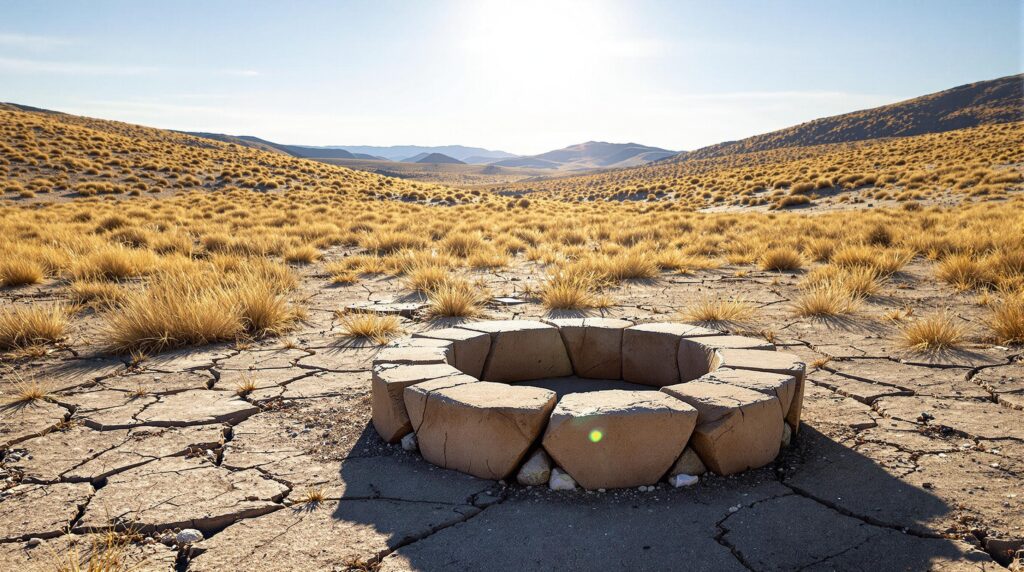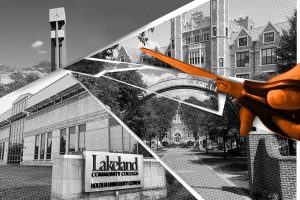A county-wide Stage 1 Fire Ban went into effect on March 28, 2025, at 8 a.m. across Park County due to persistently dry conditions and a series of recent wildfires. Officials indicate that the measure will stay in place until further notice. The sheriff’s office determined that drought combined with early-season vegetation drying presented an elevated wildfire risk, prompting the restrictions.
According to a recent update on a community forum, multiple fires flared up in the Lake George and Hartsel areas from March 25 to 27. Blown tires, compost piles and debris burn sites reportedly contributed to these incidents. Fire personnel around the county warned that low moisture levels could allow even small sparks to turn into large-scale blazes.
Authorities urge residents and visitors to take the prohibition seriously. The ban outlaws most open flames, including campfires and outdoor burning of any material, and it applies on both public and private lands. Target shooting is restricted to designated ranges only, barring special exceptions. Fireworks and outdoor smoking, except within enclosed structures or vehicles, are also disallowed under these new rules.
An official announcement posted online lists permitted uses of propane or liquid-petroleum-gas-fueled devices, as well as exemptions for hunters lawfully pursuing game. Any outdoor hot work, chain saw operation or other activities capable of producing sparks must now include ready access to pressurized water or a seven-pound ABC extinguisher. The sheriff’s office further emphasizes keeping basic firefighting tools accessible in case of an emergency.
Sheriff Tom McGraw said: “After consulting with all fire chiefs across Park County, I have determined that a county-wide burn ban is necessary. I have also contacted the U.S. Forest Service, which has confirmed that the moisture content in the area is critically low and supports implementing the ban.” He added caution for anyone ignoring the order, citing ongoing threats to private property and public safety.
“Please be advised that the burn ban will be strictly enforced, with severe fines for any violations. Citations start at $500 and can increase up to $1,000,” McGraw stated. Officials highlight that adherence is essential given the dry conditions.
Officials note that they will keep the restrictions in place unless heavy snowfall or a significant shift in weather patterns alleviates drought conditions. Current forecasts suggest that spring and summer may remain unusually dry, raising fears of continued fire danger. The sheriff’s office intends to reevaluate as soon as there is enough moisture to justify relaxing the ban.
Officials also encourage residents and visitors to remain vigilant. They recommend closely monitoring potential flame sources and complying with precautionary guidelines. Recent wildfires reportedly ignited under circumstances that seemed manageable at first, underscoring how quickly conditions can deteriorate.
In addition to the official directives, general practices can help outdoor recreation sites limit fire risks. These approaches do not appear in the official announcements but are widely recognized by safety experts for preventing accidental ignitions. Campground managers sometimes install designated fire-safety stations with pressurized water sources or refillable reservoirs, ensuring quick response capability to small fires or flying embers.
Basic checklists and standardized fire-suppression tools also help reduce hazards. Storing shovels, rakes and an ABC extinguisher at multiple points allows for faster intervention in case of smoldering debris. Periodic inspections of grills, walkways and campsite areas can identify dried vegetation or other ignition sources before they pose a serious threat.
Clear, concise signage often proves valuable for informing guests of current restrictions. Some campgrounds employ digital tools, such as text alerts or mobile apps, to remind visitors of critical safety measures. Friendly reminders during check-in, along with simple alternatives to open-flame gatherings, may improve compliance and reduce accidental sparks.
Officials assert that maintaining readiness and following the burn ban rules remain key steps toward safeguarding life and property. Citing recent fires sparked by inattentiveness, authorities stress that the ban will stay in effect until weather patterns create safer conditions. They encourage frequent checks of official channels for any adjustments or updates.








